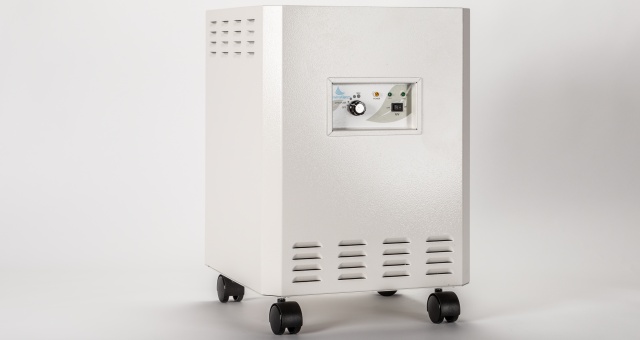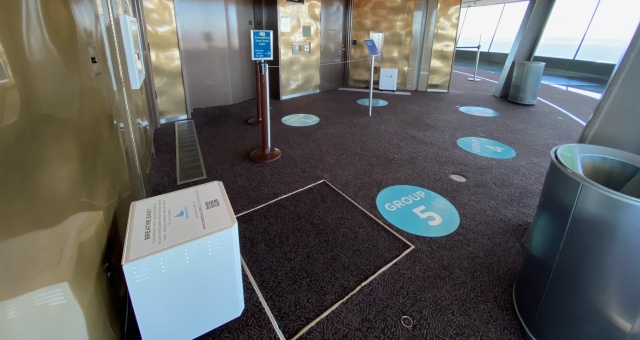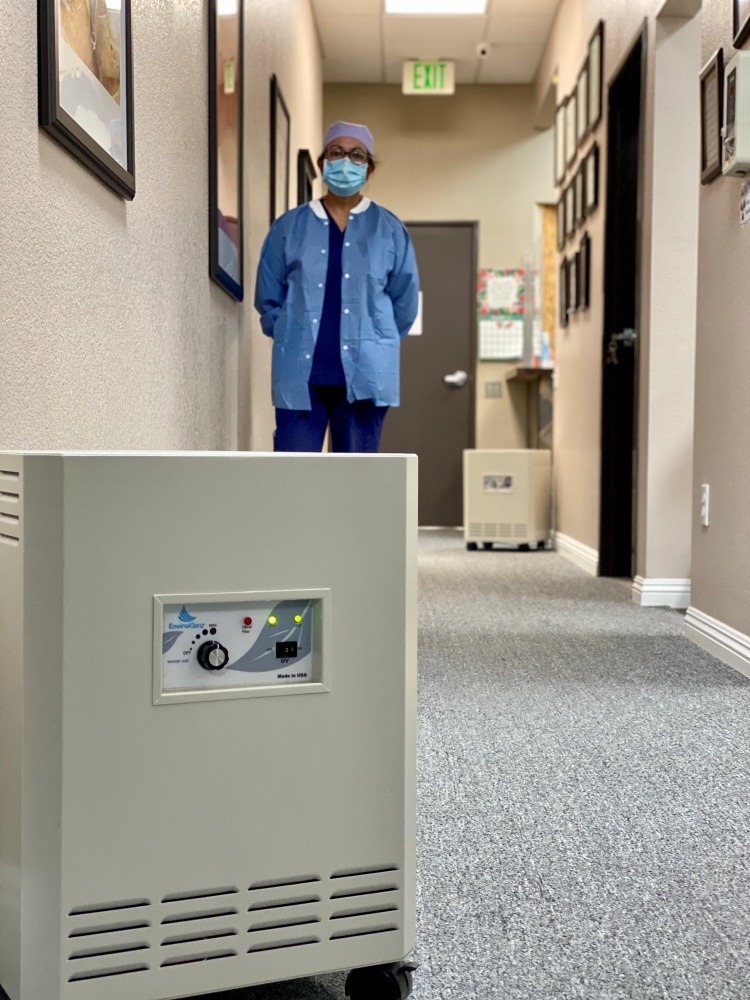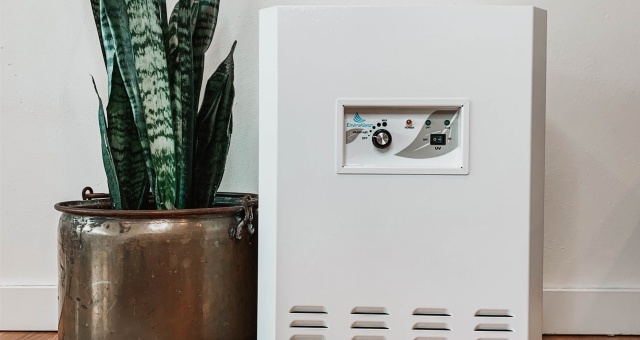Vaccination is only going to be part of the solution when it comes to managing the threat of COVID-19. To ensure confidence in the management of everyday life and ensuring that not just COVID, but any infectious ailment, is kept at bay, widespread behavioural changes will be needed. Regular and prudent hand washing, personal hygiene and careful management of public and shared spaces will go a long way towards keeping the bad bugs out, ending lockdowns as a first resort and restoring faith in the community to return to a semblance of pre-COVID life.
That last part – management of public and shared spaces – is a critical one for the hotel and hospitality sector which we can all agree has been hit extremely hard by the pandemic. For all of the investment and research that has gone into vaccine development, the focus within the hospitality sector has been on ensuring the sanctity and virtue of hotel rooms and shared spaces such as hallways, elevators and dining outlets.
Disinfection and sanitisation has rocketed up the priority list among hotel owners and managers, and with good reason. More than one outbreak, both within and outside of quarantine hotels, has come from airborne circulation of pathogens. Air purification has therefore been high on the agenda in terms of new technology needed to ensure confidence among guests as to their health and safety remains high.
Some of the most successful technologies developed to treat recirculated air in hotels have incorporated ultraviolet light to neutralise any bacteria or particles entering via external fresh air sources. Some of these include stripping hydrogen atoms from air sources to improve oxygen density, while others work to infuse germicidal irradiation to effectively treat the air rather than modify its molecular structure.
One such system new to Australia is the EnviroKlenz Air System Plus, which draws on expertise from the U.S. military and its experience gathered over many decades to act against chemical warfare agents and other toxic airborne chemicals. The system makes use of these ultraviolent irradiation techniques learned from the might of the U.S. Armed Forces and is now available to be applied in Australian hospitality circles.
“The relevance of such medical-grade technology in hospitality and shared accommodation venues such as hostels and workcamps has been heightened by news this month that the World Health Organisation Centres for Disease Control and Prevention has updated its guidance to emphasise the threat of small airborne virus particles that linger in the air and can travel in poorly ventilated spaces,” said Clean Stream Technologies GM, Scott Whittaker. Clean Stream Technologies is the exclusive distributor of EnviroKlenz Air System Plus in the Asia-Pacific region.
German-made, the system has been proven as an effective way to neutralise airborne toxins and noxious gases, particulates, allergens, bacteria, viruses and other allergy triggers in venues involving shared accommodation and HVAC systems.
These claims have been verified and endorsed by Intertek Labs – one of the world’s foremost testing laboratories. Their tests found EnviroKlenz achieved a 99.9% neutralisation rate on particles down to 0.025 microns. To put that into perspective, a COVID-19 particle is one micron.
“An obvious and most immediate need for this highly effective technology is in hotels and shared accommodation used to isolate passengers returning from overseas destinations, an issue that will be front and centre for the coming year,” he added.
An EnviroKlenz Air System Plus unit covers a space of 93 square metres per cycle and takes around 12-15 minutes to change the air in an average hotel room. Optimal results can be achieved by having more than one unit in larger spaces working simultaneously.




